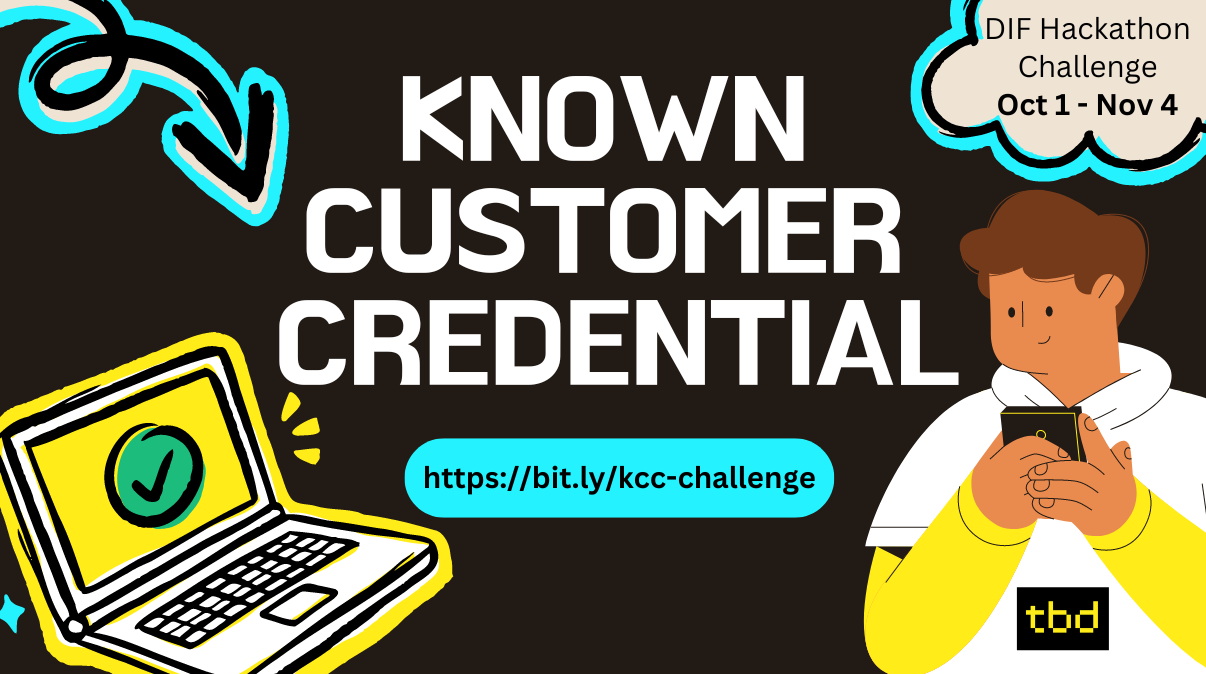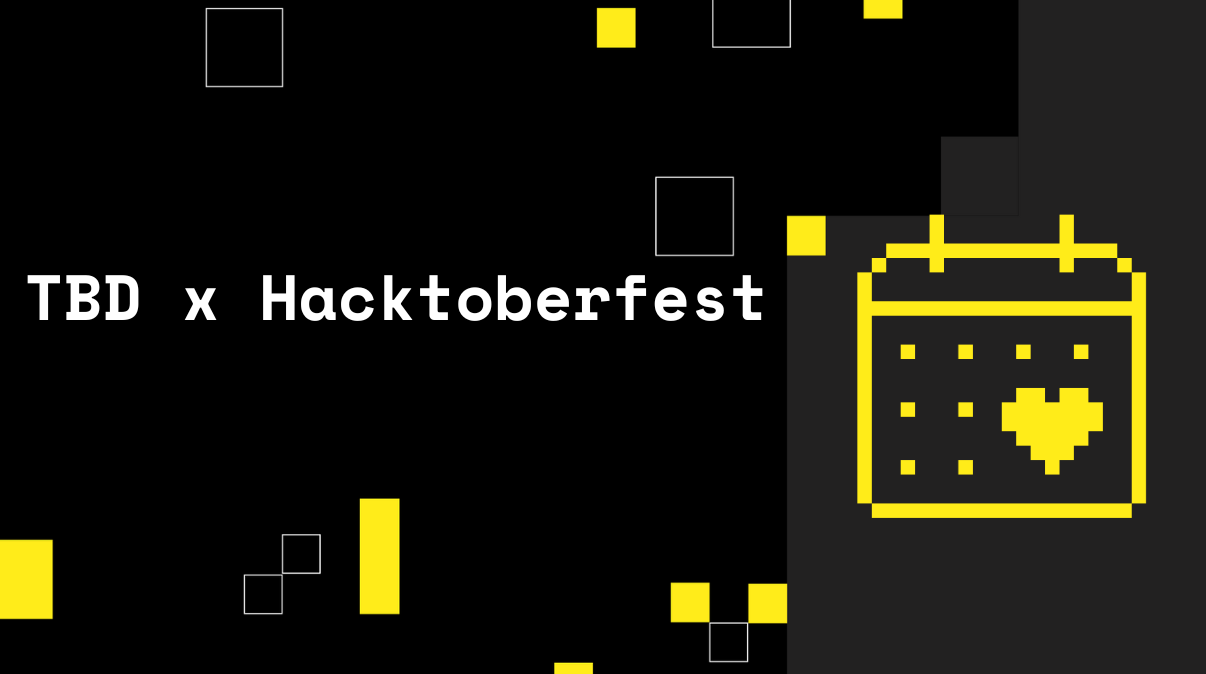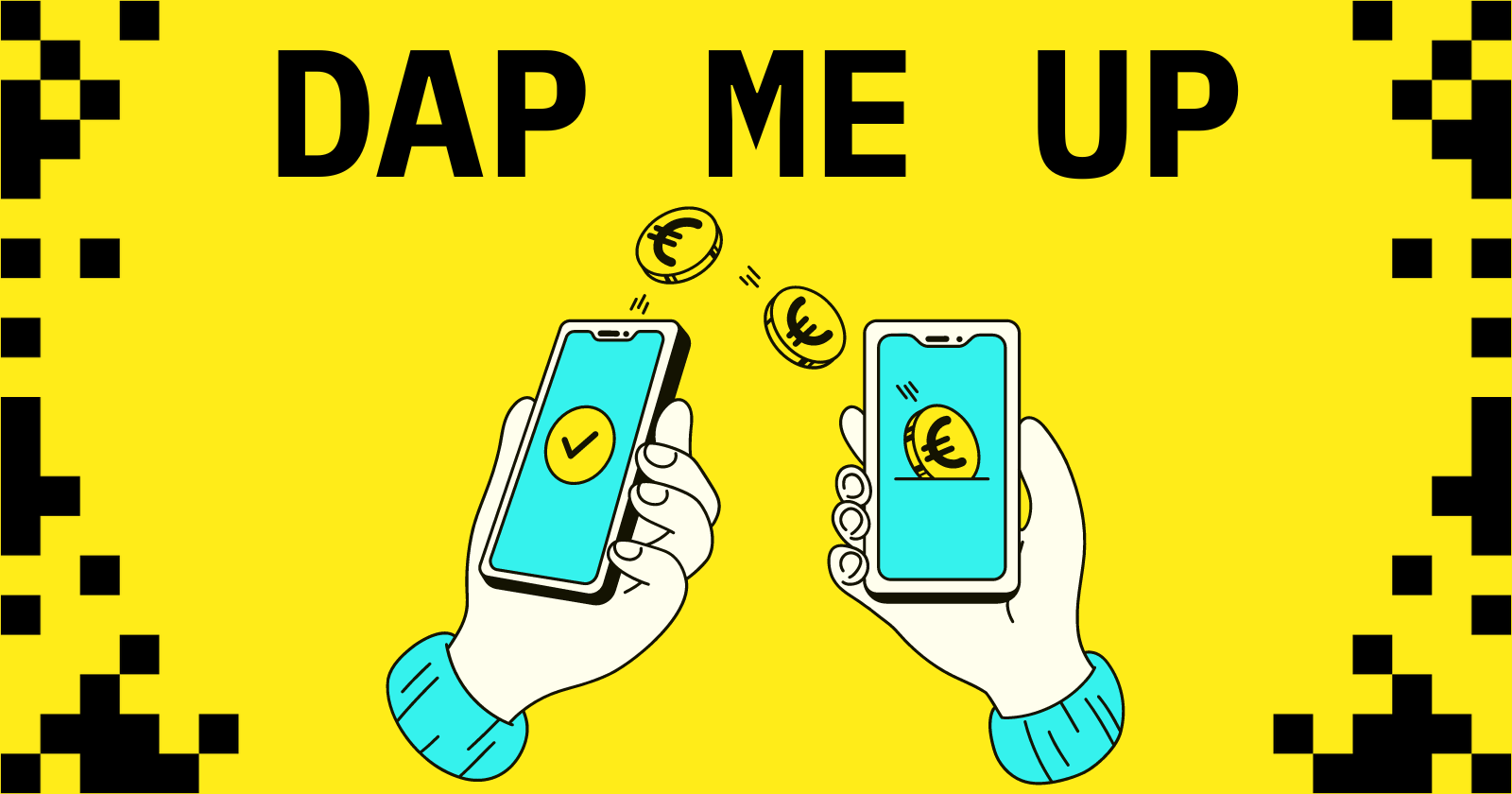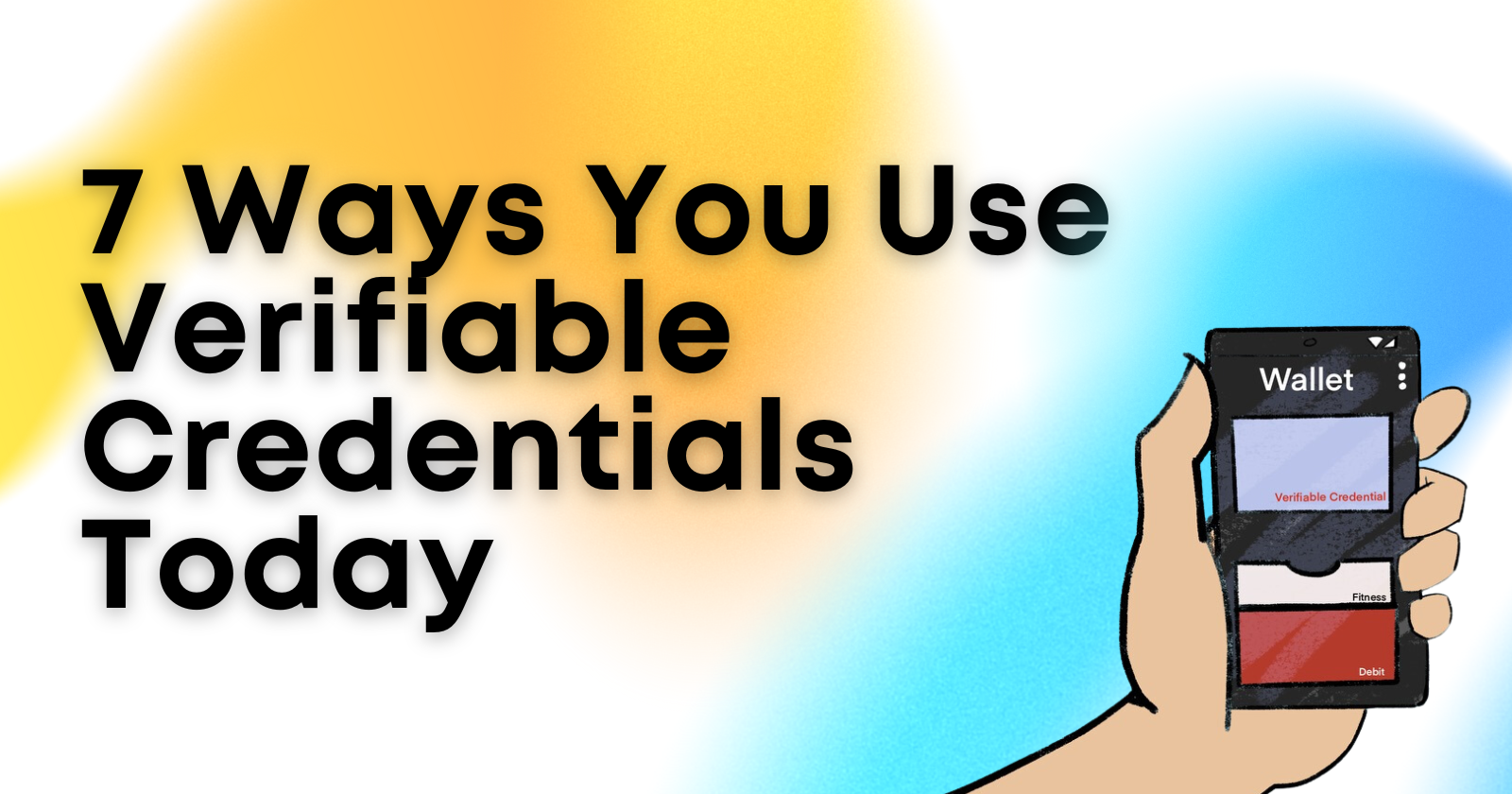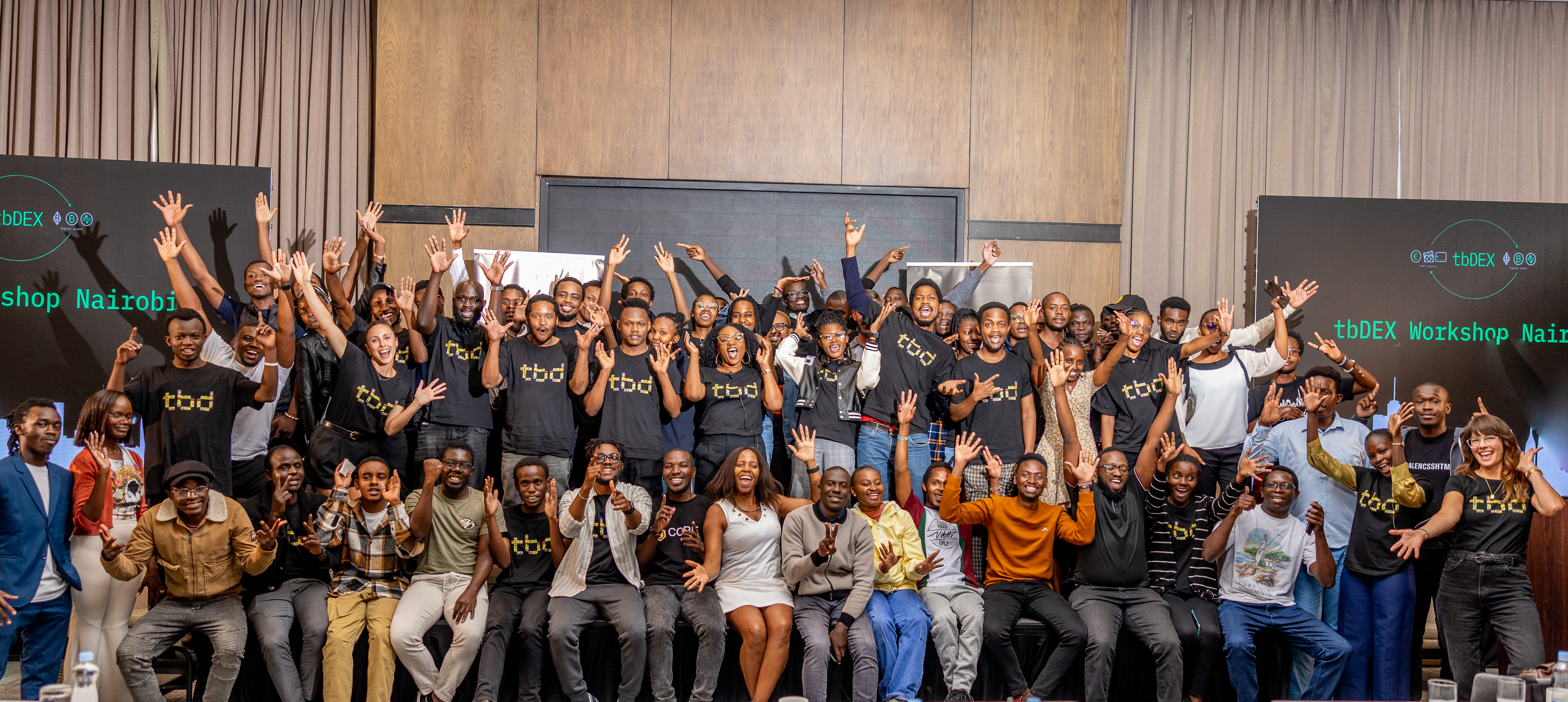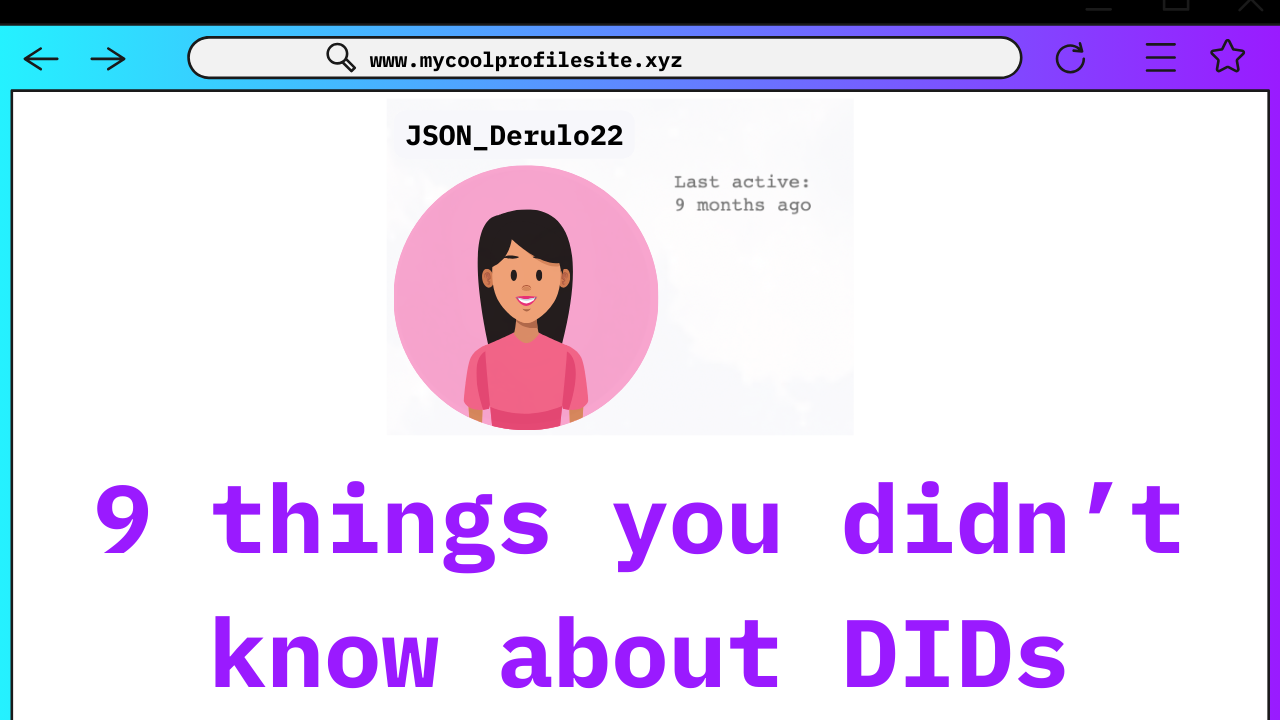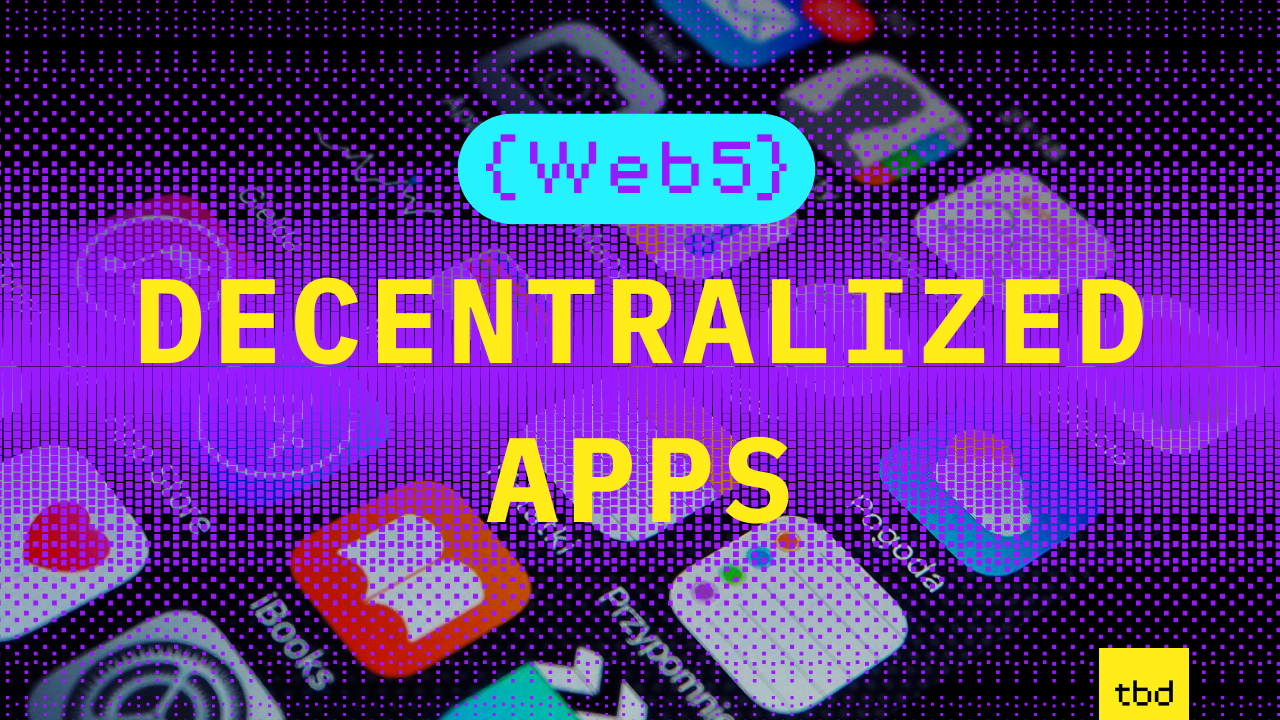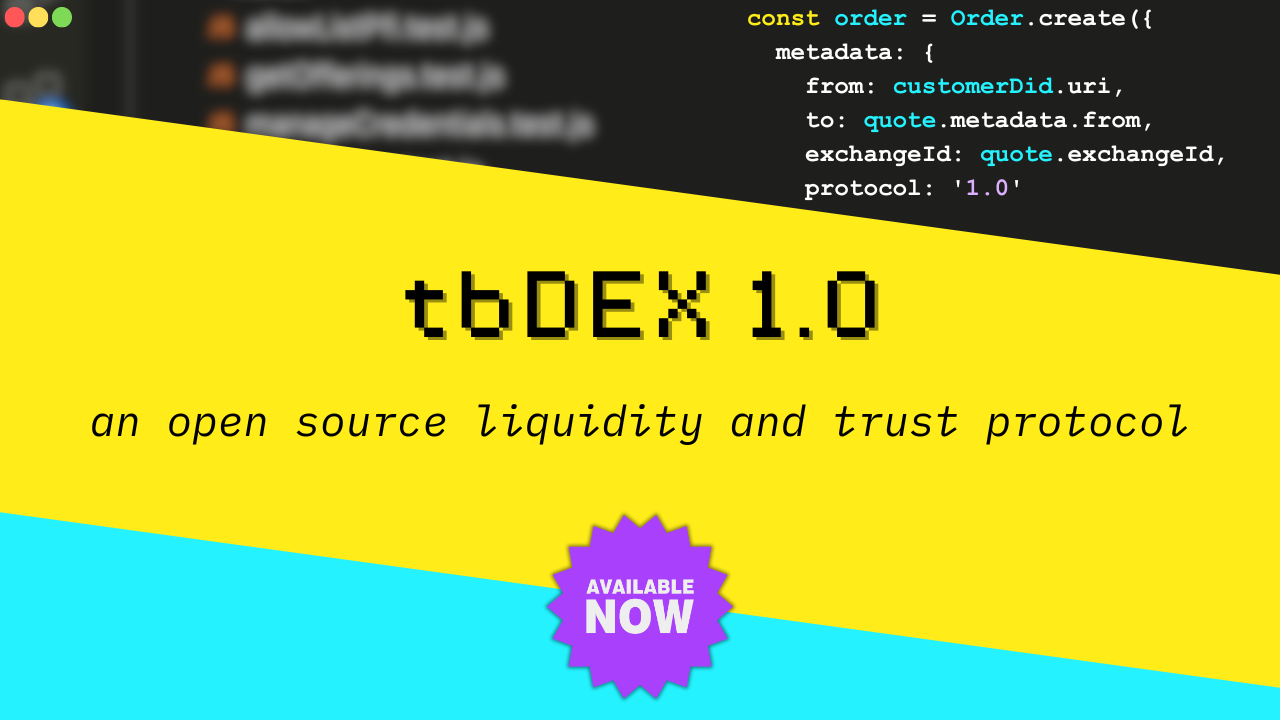Our California DMV Hackathon Win: Privacy-Preserving Age Verification
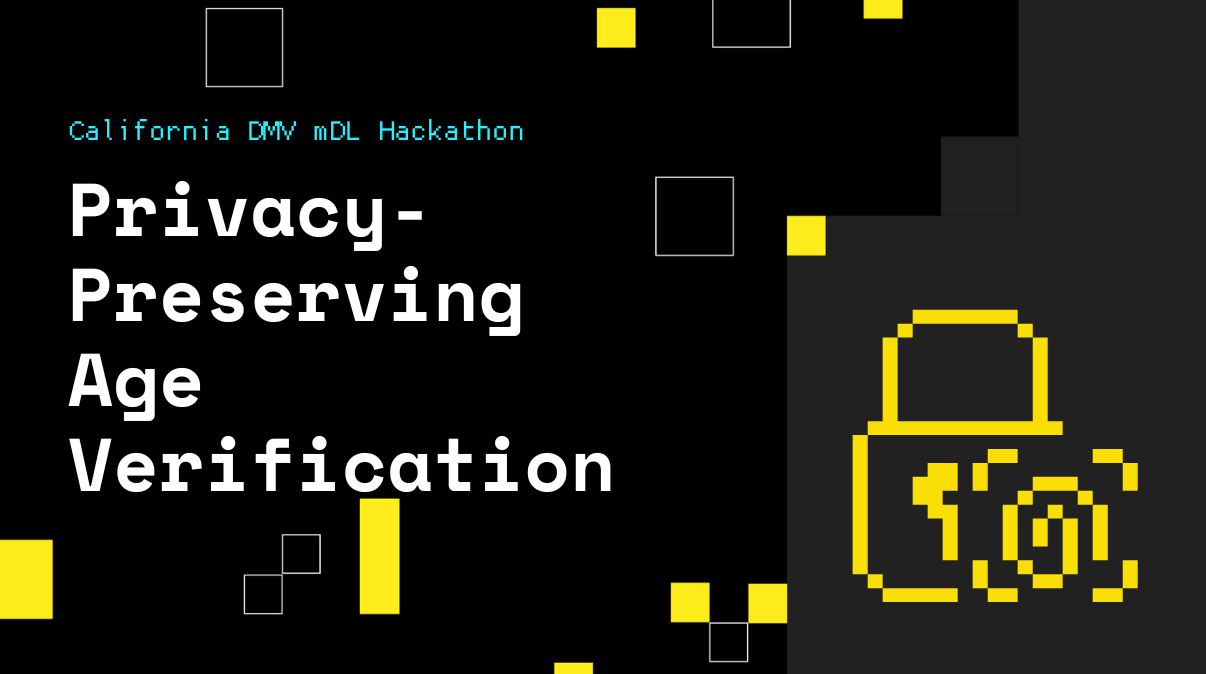
At the recent California DMV Hackathon, the Block team, represented by members from Square and TBD, won the Best Privacy & Security Design award for building a prototype of an instant age verification system. This solution utilizes mobile drivers’ licenses (mDLs) to provide secure, privacy-centric transactions for age-restricted purchases with Square’s Point of Sale (POS) system.
In this post, we’ll explore the core technical components behind our solution, which centered on using TruAge technology to enable seamless, secure age verification.
